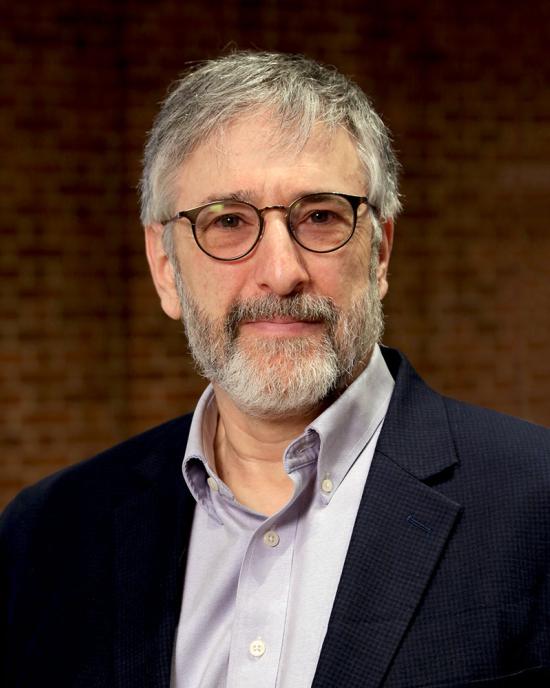
Reid J. Lifset
Research Scholar, Resident Fellow in Industrial Ecology, and Founding Editor of the Journal of Industrial Ecology

Research Scholar, Resident Fellow in Industrial Ecology, and Founding Editor of the Journal of Industrial Ecology
Mr. Lifset’s research and teaching focus on the field of industrial ecology. He is a Research Scholar, Resident Fellow in Industrial Ecology, and Editor-in-Chief of the Journal of Industrial Ecology, an international peer-reviewed bi-monthly headquartered at the Center for Industrial Ecology of the Yale School of the Environment and owned by Yale University. Mr. Lifset’s research focuses on the application of industrial ecology to novel problems and research areas, the evolution of extended producer responsibility (EPR), resource and material efficiency, the environmental impact of the digital economy, and the development of the circular economy. He is a member of the United Nations International Resource Panel and the governing council of the International Society for Industrial Ecology (ISIE). He is a member of the editorial board of the journal, Waste and Biomass Valorisation.
In 2015, he was awarded the Society Prize from the ISIE and has chaired the Gordon Research Conference on Industrial Ecology. He has served on the U.S. EPA’s Science Advisory Board and has advised organizations including the U.S. EPA, the Organisation for Economic Cooperation and Development, the Coalition of Northeast Governors, the Luce Foundation, and the Pew Charitable Trusts.
My research interests are driven in significant part by my interest in exploring the intellectual productivity and practical value of tools and frameworks emerging from industrial ecology. This emerging field examines the environmental consequences of production and consumption by studying of the flows of materials and energy in industrial and consumer activities, of the effects of these flows on the environment, and of the influences of economic, political, regulatory, and social factors on the flow, use, and transformation of resources. The objective of industrial ecology is to understand better how we can integrate environmental concerns into our economic activity. My research efforts inform and are informed by my work in setting the intellectual direction of the Journal of Industrial Ecology through my role as editor-in-chief of that publication.
My primary area of research focuses on the emergence, rationales for, and evaluation of EPR (more commonly known as, but not limited to, product take-back). EPR typically takes the form of requirements for producers to “take-back” their products for recycling and waste management. It is a prominent element of emerging efforts to take a product-centered/life cycle-based approach to environmental policy, a central theme in industrial ecology. I am especially interested in the efficacy of EPR in achieving policy goals and the extent to which EPR has lead to changes in product design. My interests in EPR have led me to work with the Organisation for Economic Cooperation and Development (OECD) and regular columns in the Journal of Industrial Ecology.
As a member of the International Resource Panel, I recently served as a lead author for Resource Efficiency and Climate Change: Material Efficiency Strategies for a Low-Carbon Future, a major study prepared by the International Resource Panel (IRP) for the G7 published in November 2020.
I am also working with colleagues at the Environmental Law Institute and the University of California Berkeley on project to catalyze research on the environmental impacts of the digital economy. The project is assessing the needs of the research community and research consumers, developing techniques for eliciting and mentoring research proposals and has now funded ten research projects, with another ten pre-proposals being evaluated for future support (see attachment). The project is using data science to examine trends in research literatures related to the digital economy and the environment, curating a database of publications, and establishing a research coordination network.
My teaching activities are an adjunct to my research and publishing activities. I am particularly interested prompting students to connect industrial ecology with related fields and to wrestle with its policy implications. I teach Frontiers and Fundamentals in Waste and Materials Management. I teach sessions in Industrial Ecology and related classes. I participate in the design of the Industrial Environmental Management program curricula and especially in updating the syllabi to reflect new developments in the literature.